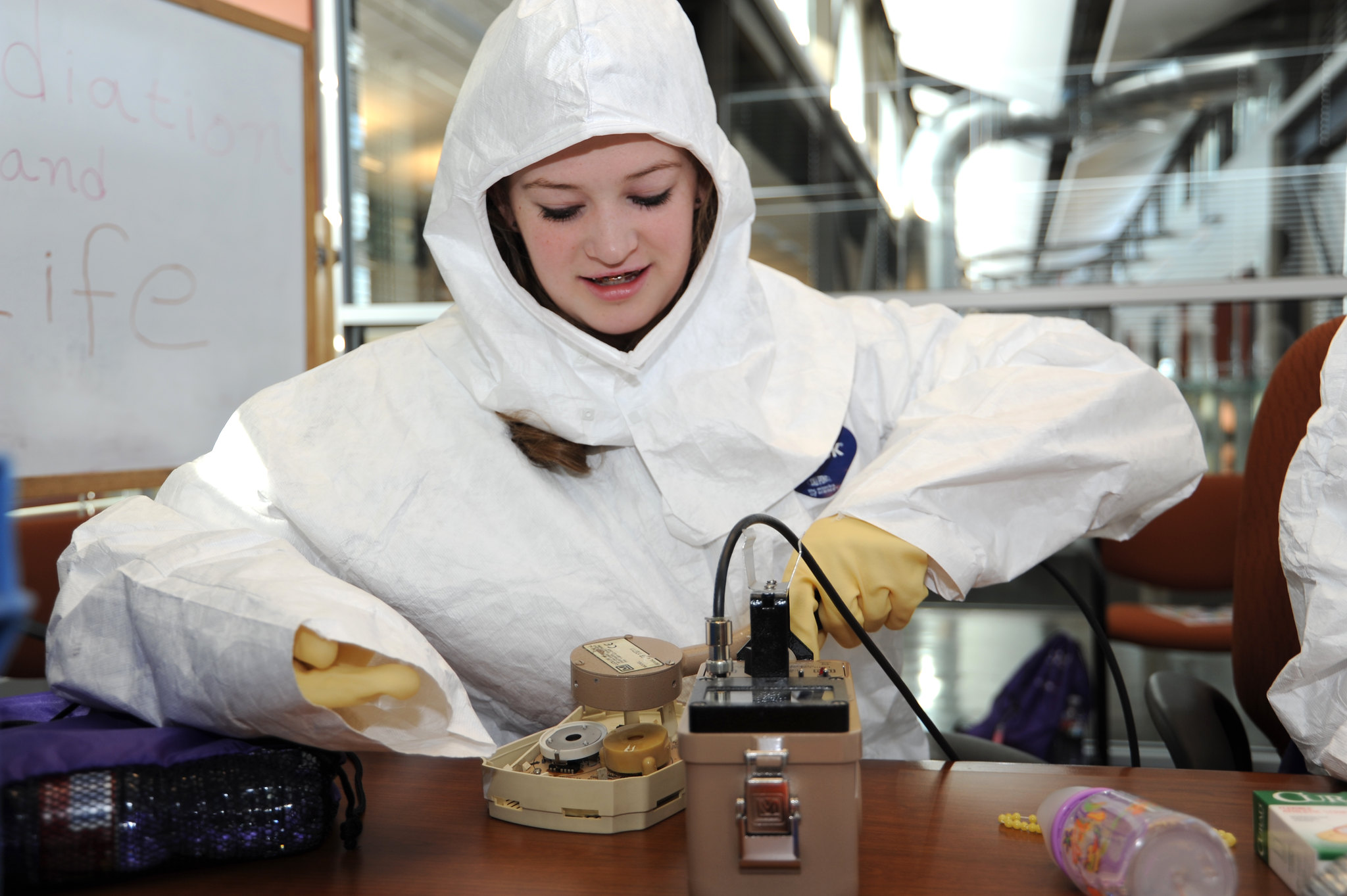
Gender equality is intrinsically linked to sustainable development and is vital to not only the development and progression of science, but also to the realization of human rights for all and the accomplishment of the United Nations Sustainable Development Goals.
It is within this backdrop that in 2017, several international science unions started a three-year ISC-funded project on the Gender Gap in Science: A Global Approach to the Gender Gap in Mathematical, Computing, and Natural Sciences: How to Measure It, How to Reduce It?
The Project comprised of three main areas of research: a data-backed study on publications, a global survey of scientists, and a database of good practice. The report, edited by Colette Guillopé and Marie-Françoise Roy, uncovered that women’s experiences in both educational and employment settings are consistently less positive than men’s.
Worryingly, more than a quarter of women’s responses across the sciences reported experiencing sexual harassment at university or at work. On top of that, women were 14 times more likely than men to report being personally harassed, and consistently reported less positive relationships with their doctoral advisors.
“Science is universal. But scientific progress does not guarantee a better gender awareness and equality.”
Marie-Françoise Roy, International Mathematical Union
According to Catherine Jami of the International Union of History and Philosophy of Science, change must start with breaking down gender barriers in education, working conditions, and promotion practices that disfavor the entry of women into scientific careers. “We must promote cooperation and mutual support over individualism and competition,” Jami says. “Though it is important to have gender equality in all human activity and social institutions, it is especially important in science.”
“All human beings should be in a position to know that science is theirs to study, practice, and appropriate.”
Catherine Jami, International Union of History and Philosophy of Science and Technology
The preliminary report, published on the occasion of the International Day for Women and Girls in Science, included a clear warning – simply telling women and girls about STEM opportunities is unlikely to make a great difference to the gender gap, unless other supporting strategies are implemented. The Report suggested four strategies in order to inspire young women to pursue careers in scientific fields:
“All human beings should be in a position to know that science is theirs to study, practice, and appropriate,” Jami says. “This is crucial at a time when we are faced with the promotion of so-called ‘alternative facts’. In view of the urgent need to find effective ways of dealing with the major threats confronting the human race, it is essential that we draw on the full resources of scientific talent available to us, not just the half of it defined by one gender.”
The Gender Gap in Science Project’s preliminary report is available to download. For more information on the Gender Gap in Science Project, visit their website: https://gender-gap-in-science.org/
The partners to the Project included two lead international science unions:
And nine supporting international science unions and organizations:
The ISC Grants programme was established to create international initiatives led by ISC member unions in developing science education, outreach, and public engagement activities, and to mobilize resources for international scientific collaboration. The Gender Gap in Science Project coincides with the ISC’s priorities as part of its Action Plan that seeks to ensure science systems represent and promote the intellectual contributions of women and other under-represented groups.
Photo CC-BY-2.0 Idaho National Laboratory